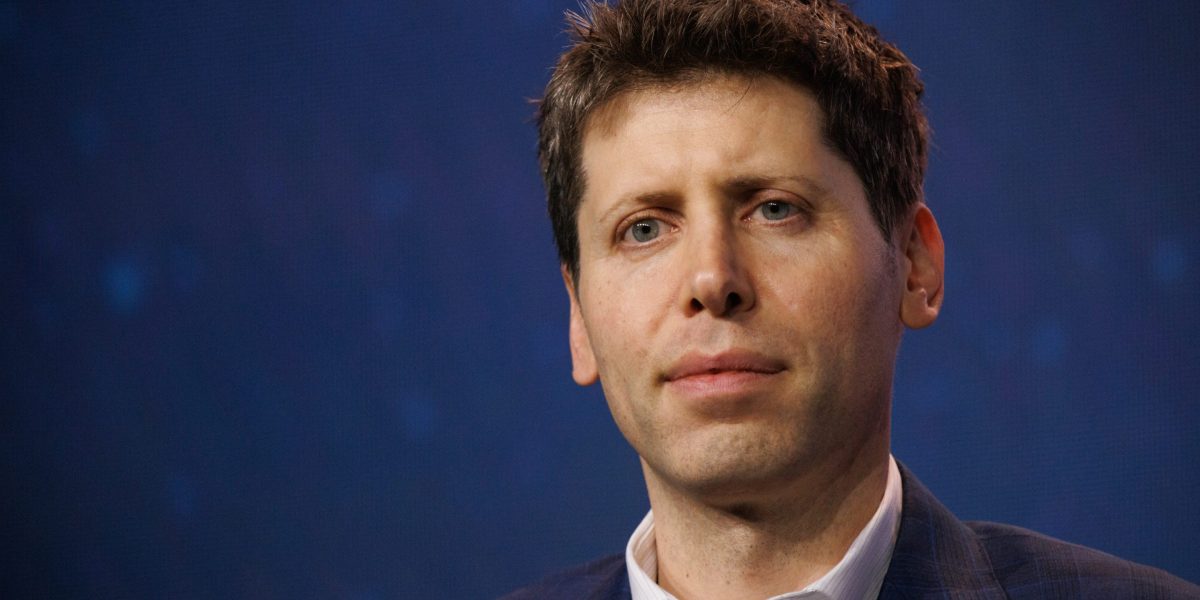
Even as crypto finds growing traction on Wall Street and among retail investors, few people regard the blockchain technology that powers it as useful or relevant to their day-to-day lives. A crypto startup called Subzero Labs wants to change this, and it plans to launch its own blockchain designed for use beyond just speculation.
“We’re doing something for the real-world users,” Ade Adepoju, cofounder and CEO of Subzero Labs, told Fortune.
The startup announced Friday that it had raised $20 million in a seed round led by the crypto investment firm Pantera Capital. Other participants included the crypto venture capital company Variant, the venture arm of Coinbase, and the crypto desk of the high-frequency trading firm Susquehanna.
Adepoju declined to detail his startup’s valuation. The deal, which closed in the first quarter of the year, was for equity and token warrants, or allocations of a yet-to-be-released cryptocurrency, he said.
iPod to iPhone
Adepoju, who is 30 years old and lives in New York City, is a longtime engineer. Early in his career, he worked at the chipmaker AMD, moved over to the laptop giant Dell, and then got a job at the streaming titan Netflix. In 2021, he decided to take the plunge into crypto when he joined the startup Mysten Labs as an engineer.
Founded by former Meta developers, Mysten Labs is one of the main companies behind the Sui blockchain, whose tech stems from Mark Zuckerberg’s failed attempt to launch his own stablecoin. Adepoju helped build Sui from conception to launch, but, in early 2024, he took a career break. “I wanted to take a step back and observe what it meant to make a network actually successful,” he said.
As he pondered his next move, he linked up with his cofounder Lu Zhang, also a former employee of Mysten Labs, and decided to get into the business of launching his own blockchain. Together, the two created Subzero Labs, which currently has 20 employees.
Some might argue that, at a time when there are dozens of active blockchain projects, the world is not exactly clamoring for another one. In response, Adepoju argues that none are good enough yet to run real-world applications. “When you actually ask, ‘do we need another one?’ it’s like asking, ‘do we need another iPod?’” he said. “No, we don’t, but we definitely need an iPhone.”
He’s hoping his new blockchain, dubbed Rialo, will be that iPhone. An acronym, Rialo stands for “Rialo isn’t a layer 1.” Layer-1 blockchains are like Ethereum, which is a decentralized network of servers that processes and stores data. Layer 2s are blockchains built on top of layer-1 blockchains.
Adepoju says Rialo isn’t a layer 1, 2, 3, 4, 5, or 6. In fact, he’s reluctant to compare it to any existing crypto products. He does say the blockchain is designed for non-crypto developers and that it allows engineers to replicate tools usually implemented outside a blockchain. These include the ability to access information, like a FICO score, elsewhere on the internet without the need of an oracle, or outside data provider.
“Cameras used to ship with laptops. They used to be separate,” he said, referring to external video cameras people used to connect to their computers in the early 2000s. “They got bundled. These things happen with every technology.”















